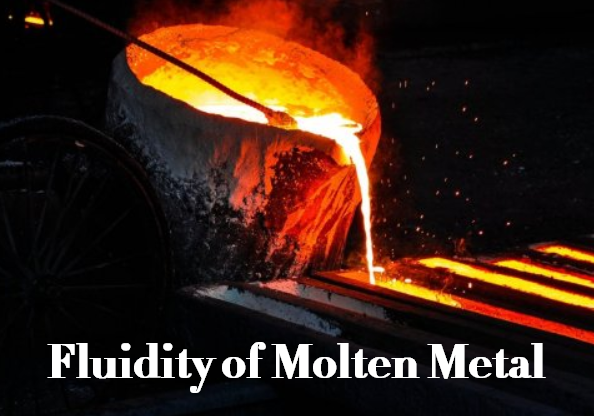Sep 07, 2023
The Effect of Alloy Fluidity on Aluminum Die Casting
Aluminum die casting is a manufacturing process used to produce complex and precise parts and components by injecting molten aluminum into a mold cavity. Alloy fluidity plays a crucial role in the die casting process's success, impacting the final product's quality and characteristics. Here's how the fluidity of aluminum alloys affects the die casting process:
-
Fillability and Mold Filling:
- Fluidity is the ability of the molten aluminum alloy to flow easily and completely fill the mold cavity during the die casting process.
- High fluidity alloys can fill intricate mold features and thin sections more effectively, reducing the likelihood of incomplete filling or defects.
-
Reduced Porosity:
- Proper fluidity helps minimize the formation of porosity in the cast part. Porosity refers to the presence of small voids or air pockets in the material, which can weaken the component.
- Alloys with good fluidity can better displace air from the mold cavity, resulting in denser and more solid castings with fewer defects.
-
Surface Finish:
- Fluidity affects the surface finish of the die-cast part. Alloys with good fluidity can flow smoothly and fill the mold cavity evenly, leading to a smoother and more consistent surface finish.
- Improved surface finish reduces the need for extensive post-casting machining or finishing processes.
-
Dimensional Accuracy:
- Proper fluidity contributes to better dimensional accuracy in the final part. It helps ensure that the part's dimensions match the mold specifications.
- Reduced shrinkage and warping are often associated with alloys that exhibit good fluidity.
-
Reduced Cycle Time:
- Alloys with high fluidity can fill the mold cavity quickly, which can lead to shorter cycle times during the die casting process.
- Faster filling allows for increased production efficiency and reduced energy consumption.
-
Alloy Selection:
- The choice of aluminum alloy is critical in controlling fluidity. Different aluminum alloys have varying fluidity properties, and selecting the appropriate alloy for the specific part and mold design is essential.
- Alloy modifications, such as adjusting the composition or adding modifiers, can also influence fluidity.
-
Gate Design and Runner System:
- Proper gate design and runner system selection can help optimize fluidity by controlling the flow of molten aluminum into the mold.
- The design of the gating system should match the fluidity characteristics of the chosen alloy.
-
Temperature Control:
- Maintaining the correct temperature of the molten aluminum is vital for achieving the desired fluidity. Temperature control systems are used to ensure that the alloy remains in the optimal state for die casting.
In summary, alloy fluidity is a critical factor in aluminum die casting as it affects mold filling, part quality, surface finish, dimensional accuracy, and production efficiency. Proper alloy selection, coupled with control over temperature and mold design, is essential for achieving successful and defect-free die castings. Manufacturers must consider these factors when optimizing their die casting processes for specific applications and part designs.

Ningbo Fuerd was founded in 1987 and is a leading full-service die Casting Tooling, aluminum die casting, zinc die casting, and Gravity casting manufacturer. We are a solution provider offering a wide array of capabilities and services that include engineering support, designing, molds, complex CNC machining, impregnation, tumbling, chrome, powder coating, polishing, assembly, and other finishing services. We will work with you as partners, not just suppliers.
NINGBO FUERD MECHANICAL CO., LTD
Website: https://www.fuerd.com



